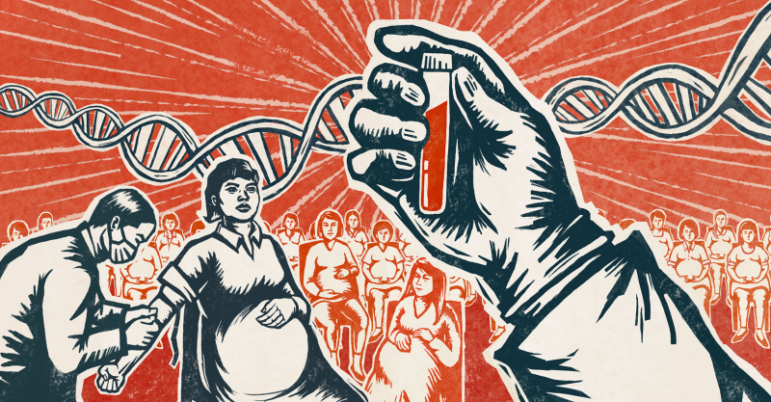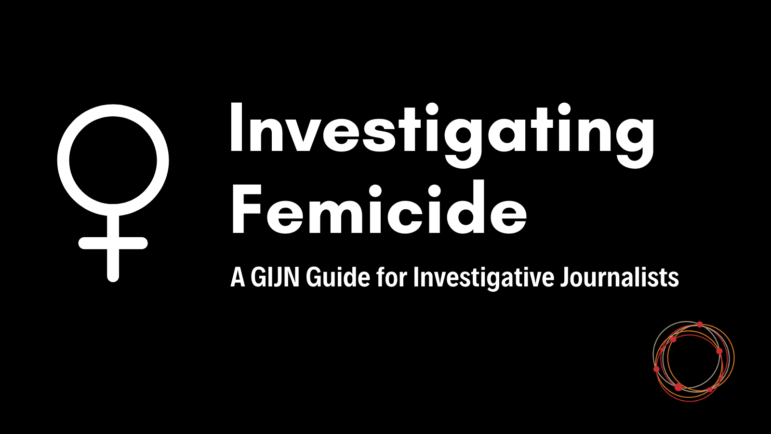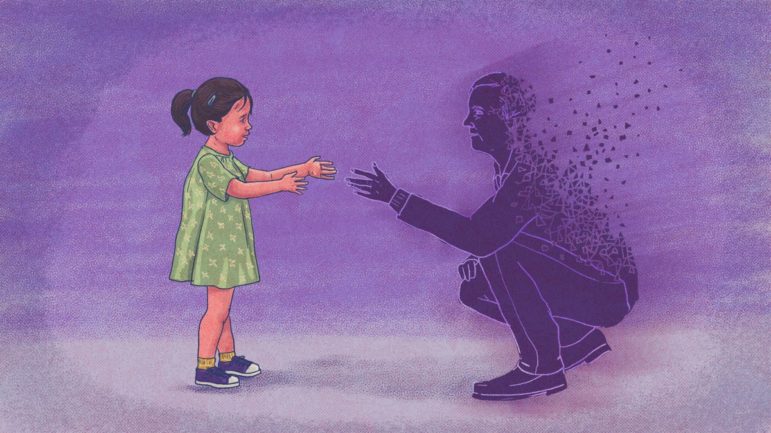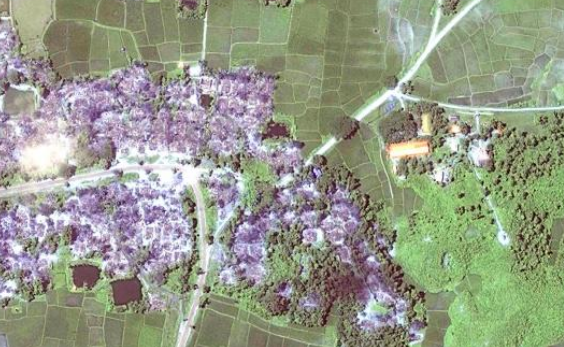
Case Studies
Lessons from the Pandora Papers: How to Investigate Financial Crime Stories
From the Pandora Papers to massive “laundromat” exposes, we are witnessing the era of massive leaks exposing financial corruption. But how do you go from a leaked thumb drive to a global exposé of shadowy money? Three of the best sleuths at tracking businesses and investments hidden around the world — who were all part of the Pandora Papers team — offered lessons at GIJC21.









